Carpetright has issued shares in a bid to raise £60m to support its company voluntary arrangement (CVA) and restructure.
Of the £60m, £6m will be used to cover the costs of the CVA, £12.5m will be used as the repayment of the principal amount of the short-term unsecured loan from Meditor agreed in March, and £33m will fund the retailer’s new investment plans.
The remainder will fund the business’ ongoing working capital requirements.
The retailer’s creditors approved its CVA late last month.
Carpetright hopes that shedding 92 stores of its 418-strong estate and cutting the rents on another 113, along with increased investment in its proposition, will allow it to survive intense market competition from rival Tapi and the current consumer downturn.
In a statement, Carpetright boss Wilf Walsh said: “We are delighted to have received such strong support from our shareholders and other investors in achieving this fully underwritten fundraise. The £60m proceeds will give us the resources we need to complete our restructuring and accelerate our recovery plan.
“As well as funding implementation of the CVA to create a right-sized estate of stores on sustainable rents, it will provide the necessary capital to refurbish and modernise the ongoing store estate and to upgrade our digital platform – both vital investments in our future.
“We believe that a recapitalised market leader will ultimately be better for customers, suppliers, landlords and shareholders.”
Speaking to Retail Week after the announcement, Walsh was confident the funds will give the business “the headroom” to meet its loan requirements and give Carpetright a new lease of life.
Its planned CVA can still be contested until May 28. Following this cut-off point, and the new funds landing on June 8, the three-year CVA period begins in earnest.
Walsh said the business will use this period to “look carefully” at its remaining sites and “be judicious” about those stores that are subject to rent reductions.
“The issue with a CVA is knowing if we are cutting too deep, or not cutting deep enough. We’ll use the time to get to an ideal number of stores, supported by a digital proposition.”
Walsh said the ideal number was between 250 and 275 shops.




















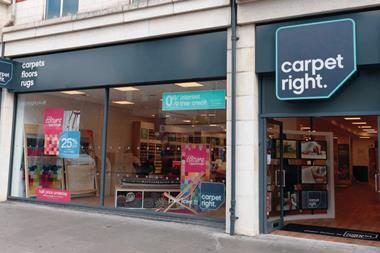
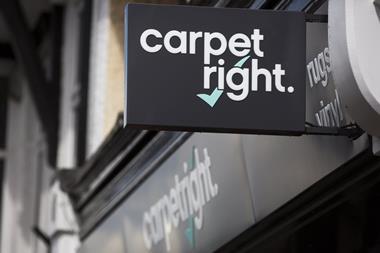
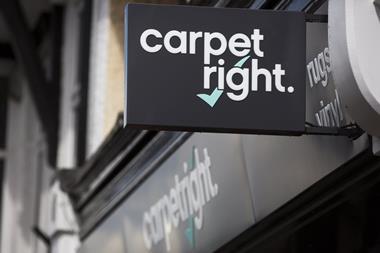
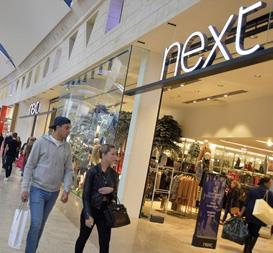
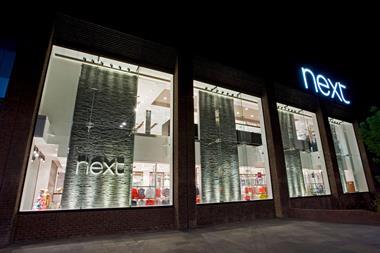

No comments yet